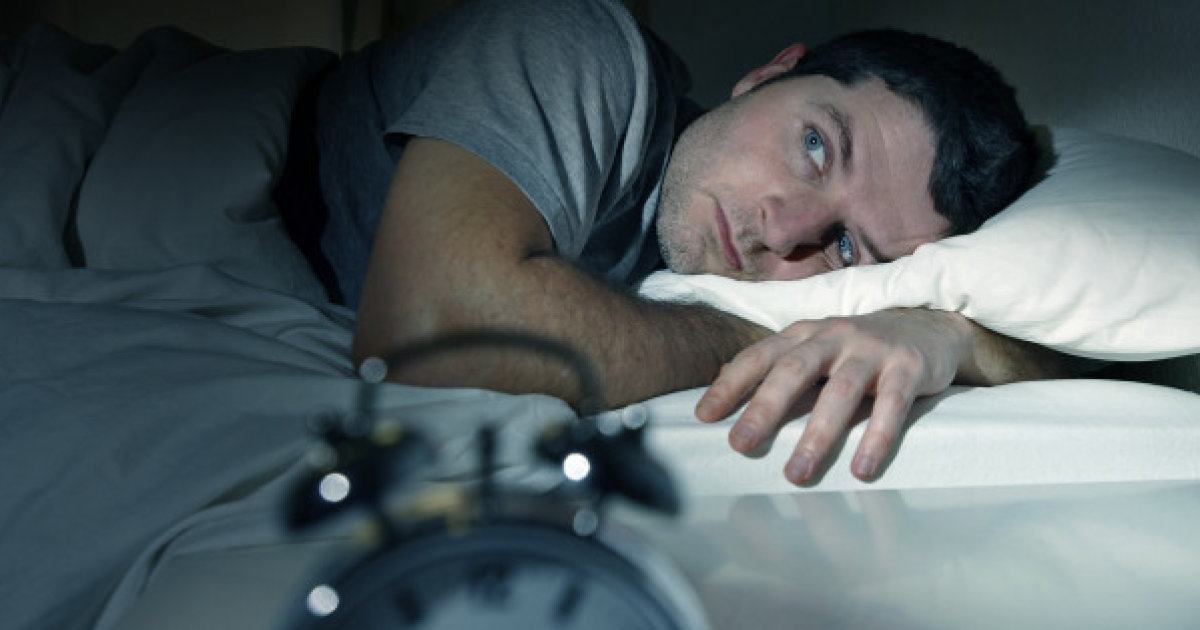Unexpected Ailments You Never Knew Acupuncture Could Tame
Feeling overwhelmed by pain, stress, or other health challenges? You're not alone. Millions of Americans are turning to acupuncture, an ancient healing practice that's proving surprisingly effective in modern times. It might seem mysterious – tiny needles? – but the science behind it is growing stronger every day. Acupuncture works by tapping into your body's natural energy flow, or Qi, to trigger healing and restore balance. In this article, we've expanded our coverage to explore 21 common conditions that can find relief through acupuncture, empowering you to make informed decisions about your health.
1. Anxiety And Depression

Acupuncture is a complementary treatment that can be added to a traditional treatment regimen for anxiety and depression. These conditions may occur alone or simultaneously. When patients have anxiety, they feel anxious and panicked. With depression, they may be uninterested and apathetic. When the conditions occur together, patients may find themselves essentially flip-flopping, making it immensely difficult to participate in daily life. Medications can help, but the side effects can sometimes be too much for patients to handle. In some cases, medications, talk therapy, and other treatments are simply not enough. In these specific cases, acupuncture might be able to fill in the gap and offer an alternative solution to patients looking to gain greater control over their symptoms. Many patients report some relief from their symptoms after their first session, but it may take several visits to recognize the full benefits. When acupuncture is helping, it is typically advised that patients have regular treatments at least once a week.
2. Insomnia

This condition may result from an array of medical or psychiatric conditions, certain substances or medications, poor sleep habits or biological factors. This condition is characterized by the brain essentially not being able to stop being awake. The sleep/wake cycle is interrupted. Not getting sufficient sleep can cause complications in all areas of a patient’s life. There are medications that are beneficial, but the side effects may prevent patients from being able to use them. For example, side effects might include daytime sleepiness and not hearing the alarm to wake up. Acupuncture has become a relatively common alternative treatment for insomnia. It is believed that this method regulates the body’s yin and yang. Once these are regulated, the patient’s health is reinforced, and the pathogenic causes of their insomnia are eliminated, resulting in them being able to sleep once again and experience a restful, full night's sleep.
